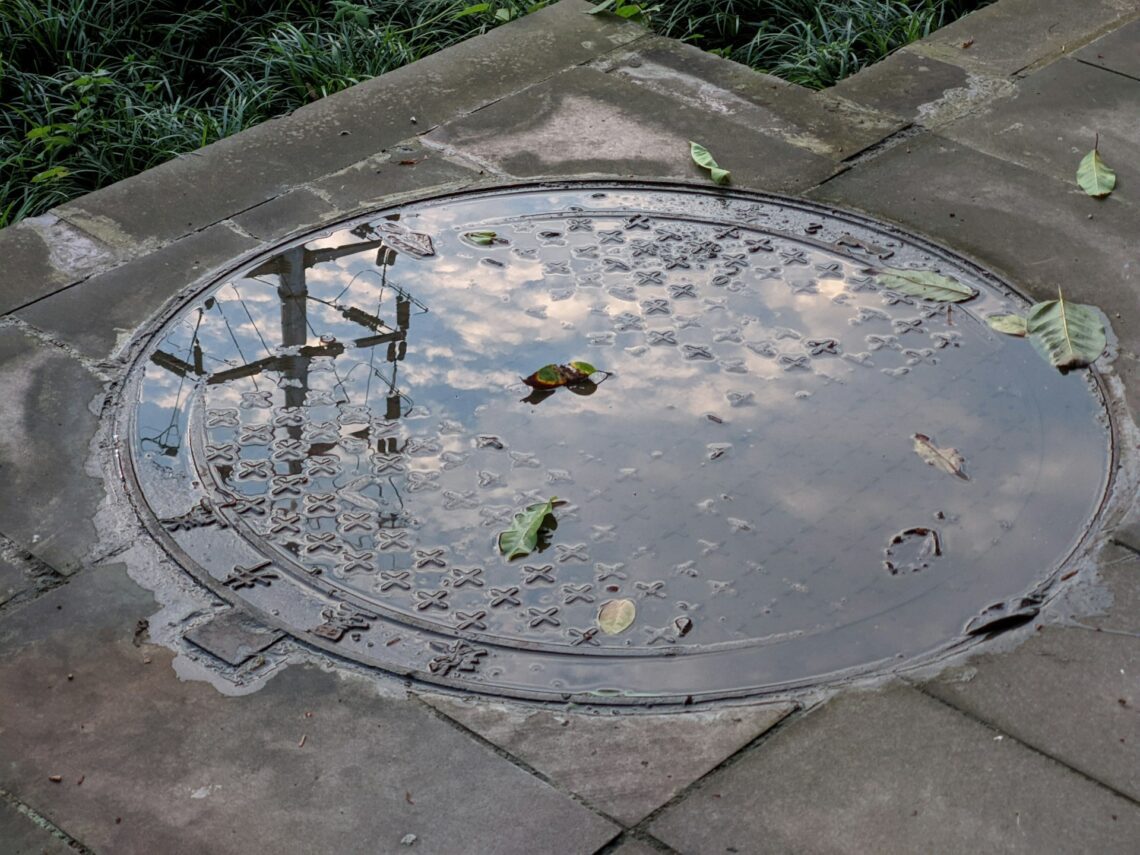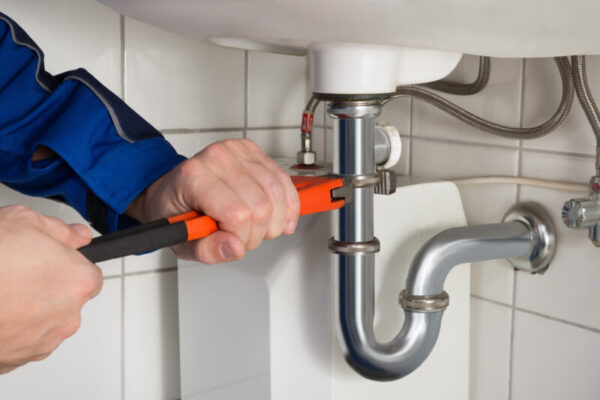Key Takeaways
- Regular maintenance of your septic system is crucial for its longevity and effectiveness.
- Proper waste disposal techniques can prevent common septic issues.
- Understanding the signs of septic problems can help you take timely action.
- Regular inspections and professional services are essential.
Table of Contents
- The Importance of Regular Maintenance
- Proper Waste Disposal Techniques
- Signs of Septic System Problems
- How to Schedule Regular Inspections
- When to Call for Professional Services
The Importance of Regular Maintenance
Maintaining your septic system is critical to prevent costly repairs and ensure long-term reliability. Regular upkeep can help detect small issues before they become significant problems. Well-maintained septic systems generally have a longer lifespan and function more efficiently. One essential aspect of maintenance is routine septic pumping, which helps prevent buildup that can lead to blockages and system failure.
Overlooking maintenance tasks can result in various complications, including backups, water contamination, and costly repairs. The Environmental Protection Agency (EPA) emphasizes the necessity for regular inspections and pumping, typically every three to five years, as this helps keep the system functioning effectively. It’s also important to understand that ignoring these maintenance steps can cost you more money in the long run and pose environmental hazards.
Proper Waste Disposal Techniques
Proper waste disposal is one of the easiest ways to keep your septic system healthy. Avoid flushing items that can clog your system, such as wipes, grease, and non-biodegradable materials. A good rule of thumb is only to flush waste and toilet paper. Additionally, be mindful of what goes down your kitchen sink. Grease, fats, and oil should never be discarded through the sink, as they can solidify and cause blockages in your septic tank.
Chemical cleaners and household products containing bleach can also disrupt the balance of bacteria within your septic system, leading to inefficiency. To prevent harm to your septic system, opt for septic-safe cleaning products and dispose of chemicals according to local guidelines. Misusing your drains and toilets by disposing of inappropriate items can lead to many issues that might require extensive and costly repairs on septic pump-outs.
Signs of Septic System Problems
Recognizing the early warning signs of septic system issues can save you a lot of trouble. Common signals include slow drains, unpleasant odors, and unusually green grass over your septic tank area. If you notice these symptoms, it’s time to take action. According to Habitat Magazine, symptoms like these can indicate a larger problem, such as tank overflow or failure of drainage components.
In some instances, you may also notice gurgling sounds coming from your drains or toilets. This indicates air is trapped within the plumbing system, often a sign of a blockage or other issue within the septic system. Promptly addressing these warning signs can prevent compounded damage and costly repairs. Ignoring the initial indicators can reduce your septic system’s efficiency, negatively impacting your property’s overall function and safety.
How to Schedule Regular Inspections
Frequent inspections can help assess the health of your septic system. Most experts recommend scheduling an inspection every three to five years. An inspection timeline can help you stay on top of potential issues. During an inspection, professionals will check the sludge and scum levels, inspect the tank for leaks, and ensure the overall system is functioning properly.
Recording all inspections and maintenance tasks performed on your septic system is helpful. This documentation provides valuable information for future reference and can be particularly useful if you sell your property. Potential buyers will appreciate the transparency and proof of well-maintained property.
In addition to scheduled inspections, creating a habit of monthly or yearly self-checks can be beneficial. These could include observing the drain field, monitoring water usage, and ensuring all household members follow best practices for waste disposal. Regularly scheduling and keeping track of inspections can ensure any potential issues are caught early and handled appropriately, thereby preserving the integrity of your septic system and preventing unplanned financial burdens.
When to Call for Professional Services
There are times when professional intervention is necessary to maintain your septic system. If you experience severe issues like backups or leaks, consult a professional to immediately assess and repair the damage. Professionals have the expertise and equipment to tackle complex septic issues and can provide vital guidance for ongoing maintenance.
Moreover, choosing a reliable septic service provider can significantly improve the overall health of your system. Regular septic pumping, performed by experts, ensures your system remains in top condition and reduces the risk of major failures. Professional services include pumping and cleaning and extend to repairing or replacing components as needed, ensuring the system’s optimal functionality.






